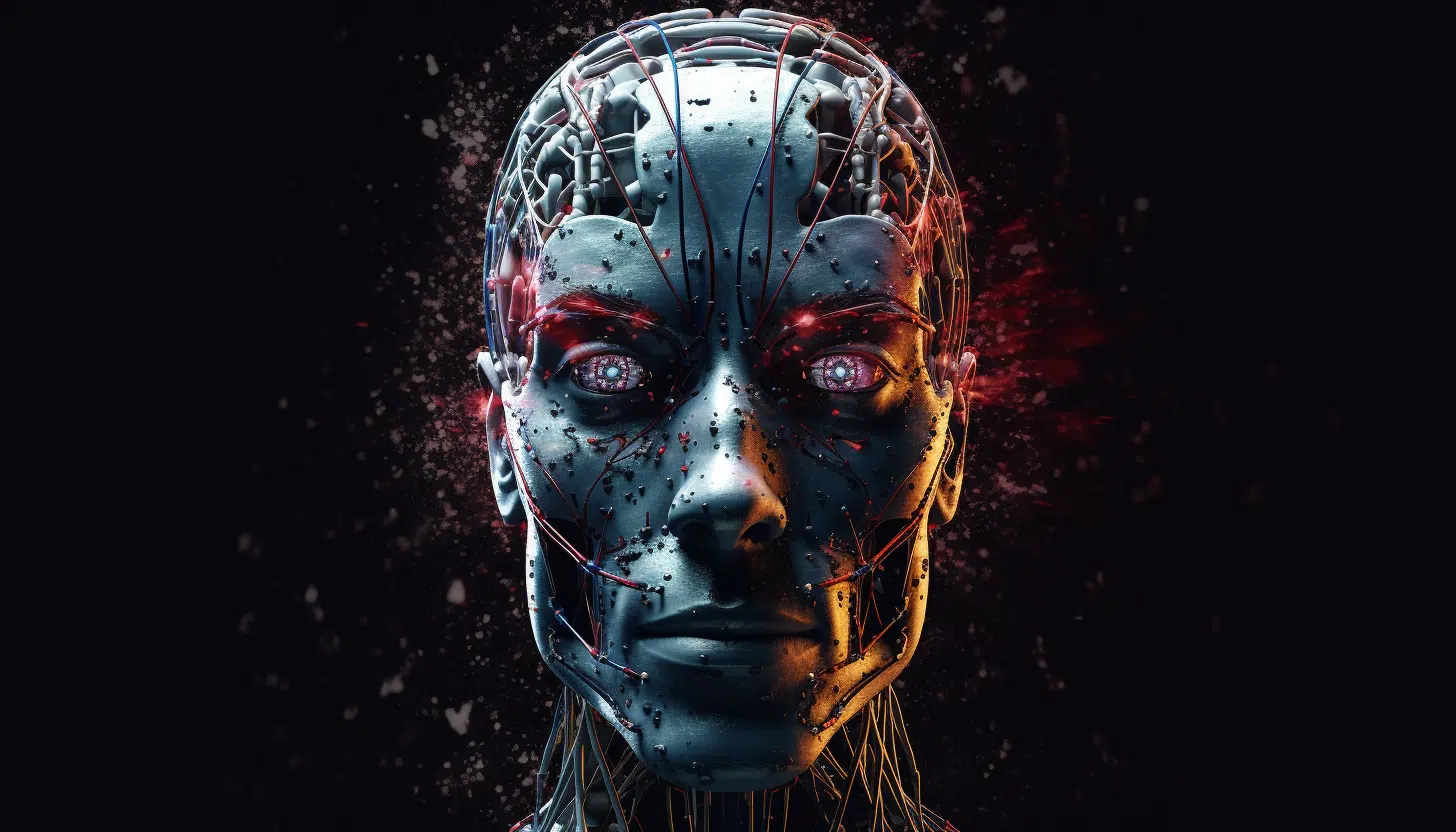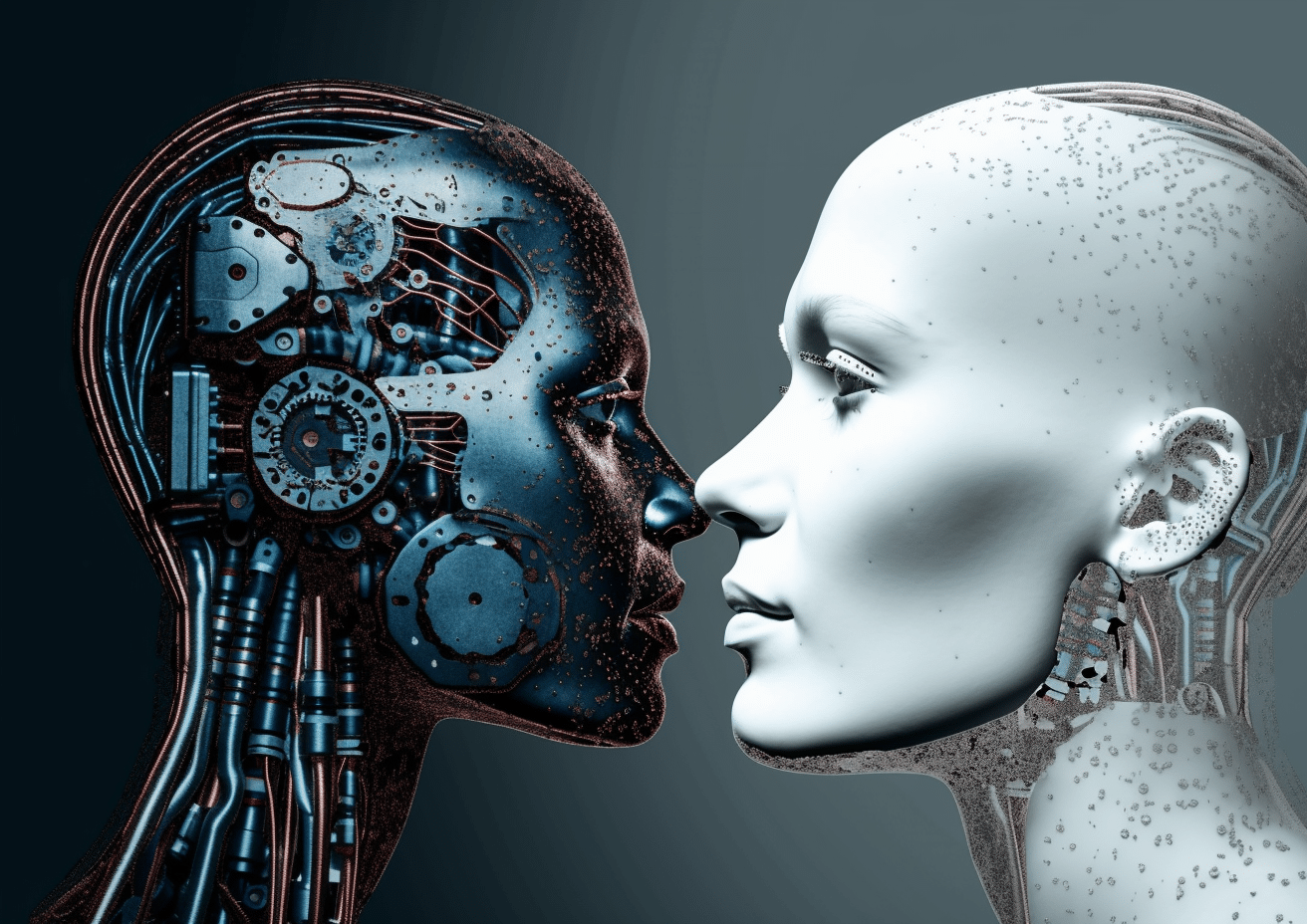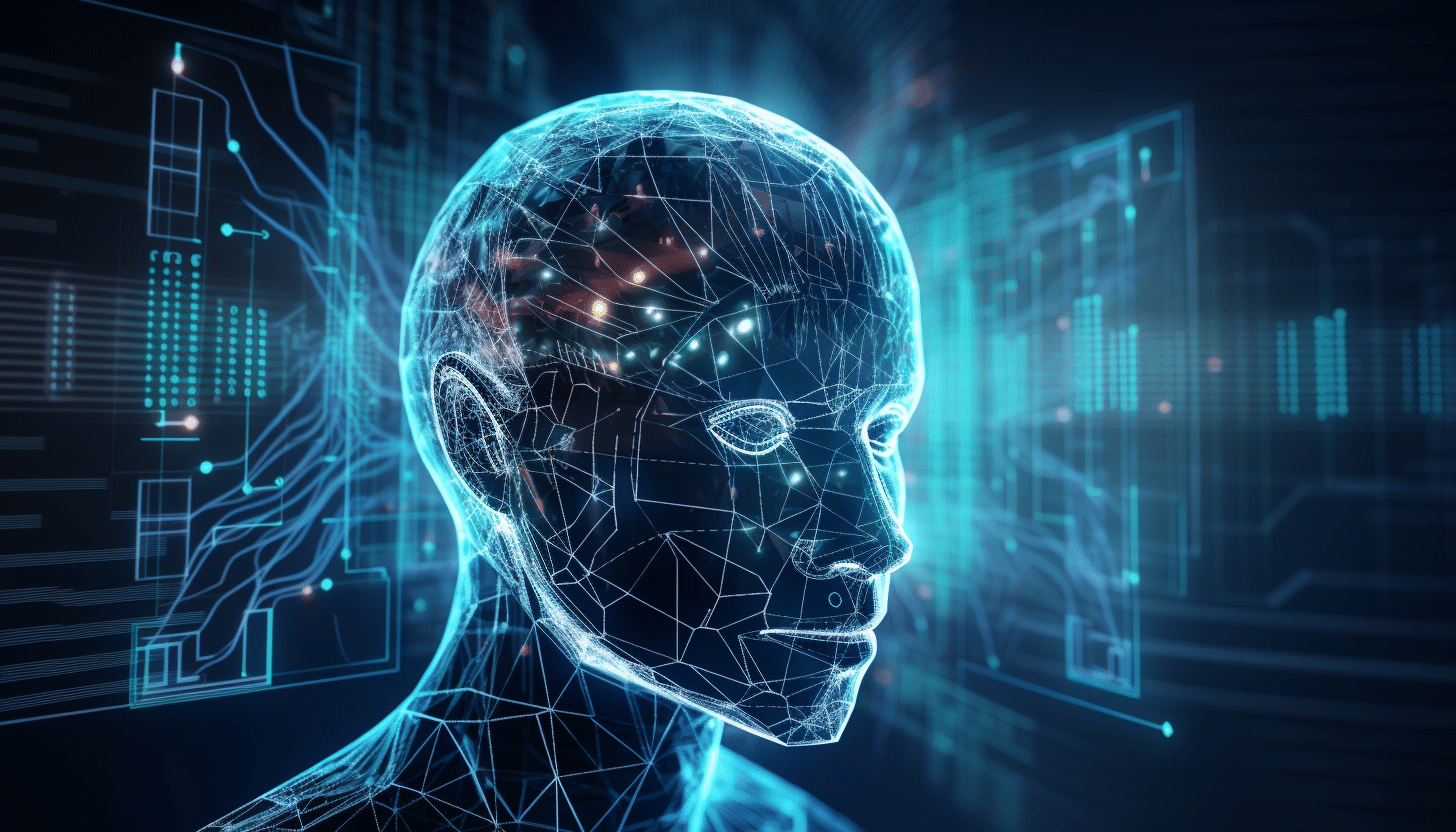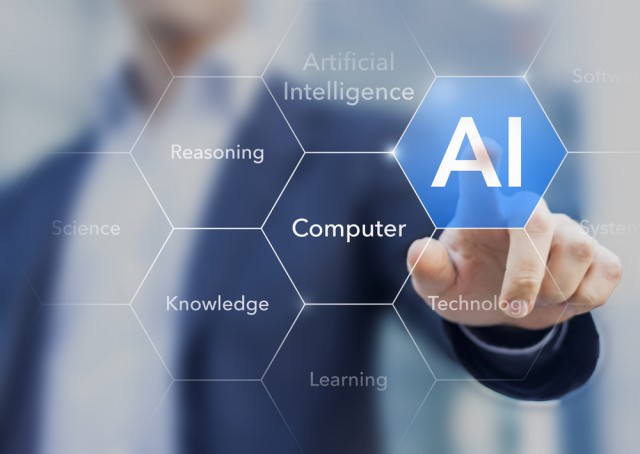
Microsoft adds Bing Chat AI to SwiftKey Beta for Android
Microsoft, Google and just about every other tech firm in existence is busy embracing artificial intelligence. In the latest example of bandwagon-jumping, the Windows-maker's new beta version of the SwiftKey keyboard for Android has gained AI functionality.
New capabilities come courtesy of Bing Chat AI, with Android users "slowly" gaining access to the power of Microsoft's chatbot; it is not yet clear quite when iOS users might also get the same treatment. But just what does the arrival of Bing Chat integration mean for SwiftKey?

Ghostwriter: The AI-powered writing assistant for Microsoft Office [Q&A]
ChatGPT, OpenAI's flagship product, is a generative language model that is capable of generating natural language responses to a wide variety of prompts. Microsoft is bringing this AI functionality to many of its products, including Microsoft 365, but another company is already offering a powerful ChatGPT add-in for Microsoft Office.
We spoke to Ghostwriter's creator Patrick Husting about his product and plans for the future.

Microsoft 365 Defender is now AI-powered
Since its inception, Microsoft Defender Antivirus (FKA Windows Defender) was considered somewhat of a joke by power users. They would assert that it provided you with the protection of an umbrella in a hurricane. While its deficiencies were often exaggerated, indeed, it didn’t give you the same depth and scope as high-quality third-party solutions.
When Bitdefender retired its free antivirus solution in 2021 (only to release a new free antivirus in 2022), many turned back to Microsoft Defender. After all, Microsoft should ultimately know the best ways to secure its software. It's surprising it took so long for the company to expand the coverage of its Microsoft Defender line, especially, with the largest share of its revenue being made from intelligent cloud computing.

The real risks of OpenAI's GPT-4
While many were marveling at the release of OpenAI’s GPT-4, Monitaur was busy analyzing the accompanying papers that examined the risks and technical design of its latest engine. In this commentary, I examine this through the lens of proper governance, responsible use, and ethical AI, while also considering the larger landscape of language models within which OpenAI sits.
The analysis results were not what were hoped for.

Watch ChatGPT generate a string of valid Windows activation keys
OpenAI's ChatGPT can be used for all sorts of things, from answering questions and translating text, to generating original content like stories, poetry and code.
Given the right prompts, it can even be tricked into producing valid license keys for software. YouTuber Enderman managed to overcome ChatGPT’s initial reluctance to do this and got it to provide him with a selection of working keys for Windows 95.

Microsoft is preparing to bring ads to AI-powered Bing Chat
In a move that will come as a surprise to just about no one, Microsoft has announced that it is "exploring" the idea of adding advertising to its GPT-4-based Bing Chat.
The company is framing the addition of ads to the AI-powered chat bot as a means of "driving more traffic and value to publishers from the new Bing". Microsoft says that it is seeking to do this by, among other things, "pioneering the future of advertising".

Amid ChatGPT's rise to fame, how can enterprises work to eliminate AI bias?
Artificial intelligence continues to hog the headlines, as more people discover the power of tools like OpenAI’s DALL-E 2 and especially ChatGPT. These futuristic-seeming tools work by taking a human’s query or prompt and returning an intelligent textual or visual response.
From an enterprise perspective, AI adoption is growing rapidly. According to Forrester, spending on AI software is set to accelerate from $33 billion in 2021 to $64 billion in 2025 -- growing twice as fast as the overall software market. But while tools like ChatGPT may seem like magic, it’s important to understand these solutions aren’t perfect.

Microsoft's Windows 12 plans revealed
Adoption of Windows 11 may well be much slower than Microsoft would have hoped or expected, but this isn't stopping the company forging ahead with its successor. The project is currently dubbed CorePC, but it is being referred to by many as -- naturally -- Windows 12.
What can be expected from Windows 12? Leaks from sources close to the company mean that plans for the next generation of the operating system have been exposed. Predictably, Microsoft is said to be leaning heavily on AI as it looks to modernize Windows. There is also a strong focus on security and faster delivery of updates on the cards.

Microsoft unveils Security Copilot, its next-gen AI-powered weapon against cyberthreats
Microsoft today announced Security Copilot, a new tool designed to bring its next generation AI to cybersecurity.
The software can quickly detect and respond to threats, and also gain a better understanding of the threat landscape. In addition, Microsoft says it "will learn from existing intelligence, correlate threat activity, and make more informed, efficient decisions at machine speed".

Top 4 ways Artificial Intelligence can improve your security posture now
Ignore the hype: Artificial intelligence (AI) can improve your security posture now.
We’ve been waiting for AI to deliver benefits to cybersecurity for a long time. ChatGPT aside, AI has been a hot-and-cold topic for decades, with periods of overhyped promises interspersed with periods of cynical rejection after failure to deliver on all of those promises. No wonder plenty of security leaders are wary. Yet, despite the wariness, AI is helping to improve cybersecurity today and will increasingly provide substantial security benefits -- and challenges.

How artificial intelligence is transforming banking [Q&A]
Banking is a key industry, playing a major role in the economy, historically though it's been one that's slow to adapt to technological advances.
That's starting to change though, partly down to the arrival of more agile fintech companies. We spoke to co-founder of Iterate.ai, Brian Sathianathan, to find out more about how AI and machine learning can help transform the banking sector.

Google Cloud integrates with Shopify to combat search abandonment
As we reported recently, delivering relevant search results on websites can be hard to achieve and for retailers this can lead to searches being abandoned and sales lost.
To address this issue, Google Cloud is announcing a new integration with eCommerce platform Shopify to allow sites to deploy advanced search and browse experiences using Google Cloud.

Collaborative working app Microsoft Loop is now available in public preview
Microsoft has announced the availability of a public preview of its new collaborative working app, Loop. The public launch follows a period of private previews with enterprise customers.
Microsoft Loop is available on the web, as well as for iOS and Android, and it allows teams to work together in shared workspaces that integrate neatly with Microsoft 365 apps. The app competes with the likes of Asana and Notion and has been in development for a couple of years. As you might expect, there is a dash of AI thanks to Microsoft 365 Copilot's support for Loop.

The risk and reward of ChatGPT in cybersecurity
Unless you’ve been on a retreat in some far-flung location with no internet access for the past few months, chances are you’re well aware of how much hype and fear there’s been around ChatGPT, the artificial intelligence (AI) chatbot developed by OpenAI. Maybe you’ve seen articles about academics and teachers worrying that it’ll make cheating easier than ever. On the other side of the coin, you might have seen the articles evangelizing all of ChatGPT’s potential applications.
Alternatively, you may have been tickled by some of the more esoteric examples of people using the tool. One user, for example, got it to write an instruction guide for removing peanut butter sandwiches from a VCR in the style of the King James Bible. Another asked it to write a song in the style of Nick Cave; the singer was less than enthused about the results.

Canonical and NVIDIA work to make AI more accessible in the enterprise
In 2018, OpenAI reported that the amount of computing power used in large-scale AI training runs had been doubled every 3.4 months since 2012. Around the same time, the volume of data generated also increased dramatically.
This means traditional, general-purpose enterprise infrastructure can't deliver the required computing power, nor can it support the petabytes of data required to train accurate AI models at this scale. Instead, enterprises need dedicated hardware designed for AI workloads.
